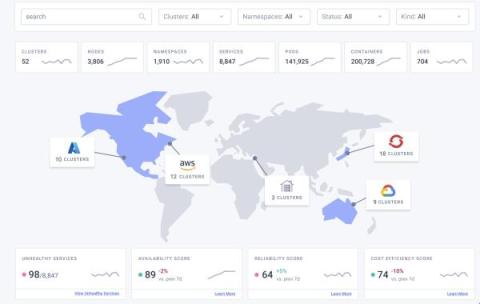5 Ways to Make Kubernetes Auditing an Effective Habit
Kubernetes has several components that produce logs and events containing information on everything that has happened in a Kubernetes cluster. Keeping track of all this data becomes extremely challenging when you run Kubernetes at a very large scale. With so many components generating logs, organizations need a centralized place to see it all. But this is only half your problem. You also need to correlate logs coming from different components to draw the right conclusions and take effective actions.











